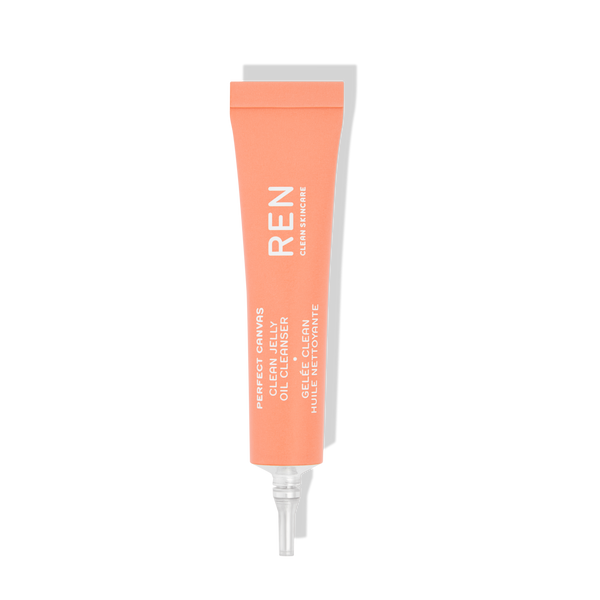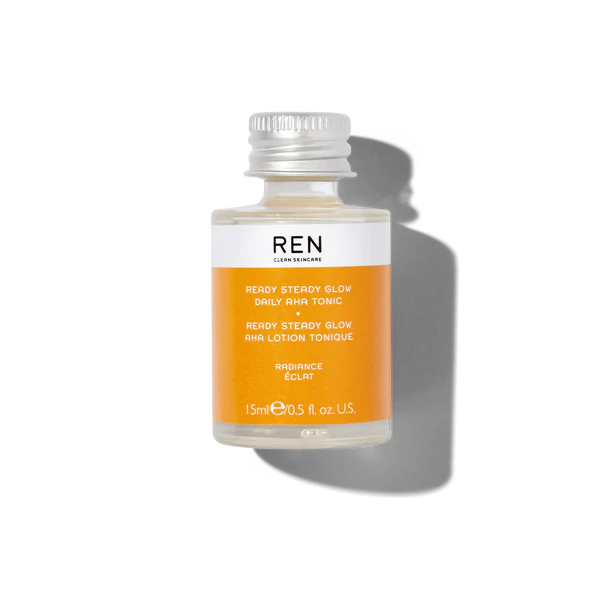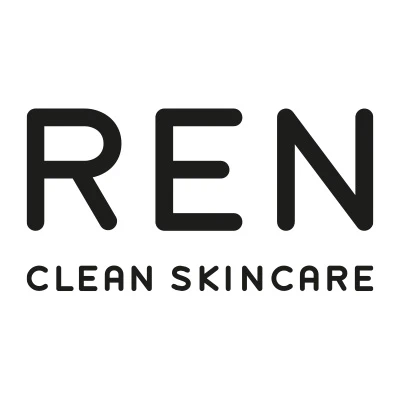What’s Polyhydroxy Acid? Everything you need to know about PHA Skincare.

What is a PHA Exfoliant?
PHA (otherwise known as Polyhydroxy Acid) works by exfoliating away dulling and clogging dead skin cells on the skin’s surface to reveal a brighter looking and more even skin tone and texture. PHAs help other skincare ingredients to penetrate more effectively into the layers of your skin, therefore boosting the efficacy of products used after them.
As skin cells die, they can often clump together and get stuck on top of the skin. An accumulation of dead skin cells on the skin’s surface leads to dullness, dehydration and enlarged pores. PHA acids gently but effectively dissolve the bonds that hold dead skin cells together and remove impurities, revealing brighter and more refined skin, without causing irritation.











